The Impact of Internet of Things on Everyday Life
Introduction
The Internet of Things (IoT) is a system of interrelated computing devices, mechanical and digital machines, objects, animals or people that have unique identifiers and the ability to transfer data over a network without requiring human-to-human or human-to-computer interaction. This technology has a profound impact on everyday life, transforming the way we live, work, and play. This article explores the impact of IoT on everyday life, delving into the various ways it has revolutionized different sectors and aspects of life.
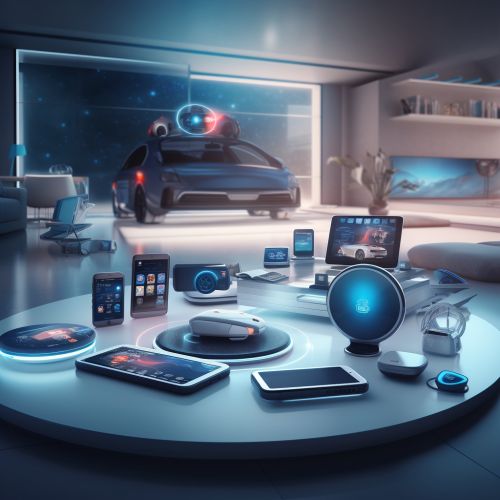
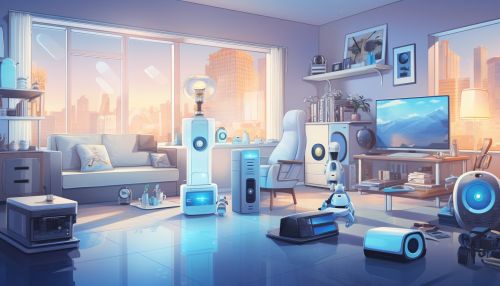
Impact on Personal Life
Smart Homes
One of the most visible impacts of IoT in everyday life is the advent of smart homes. Smart homes utilize IoT devices such as smart thermostats, smart lights, and smart locks to automate and control various aspects of the home environment. These devices can be controlled remotely using smartphones or other networked devices, providing convenience and energy efficiency.


Wearable Technology
Wearable technology is another area where IoT has made a significant impact. Devices such as fitness trackers, smartwatches, and health monitoring devices collect data about the user's health and fitness, providing valuable insights and promoting healthier lifestyles.
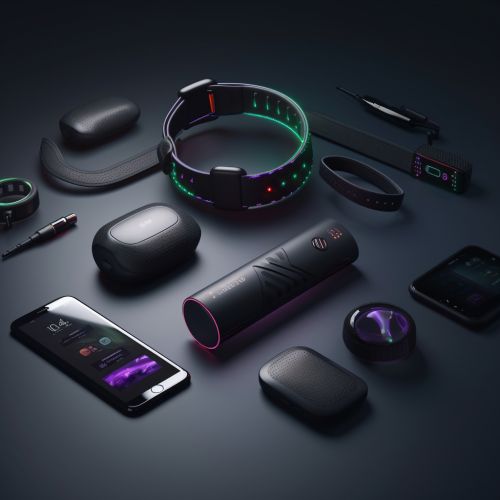
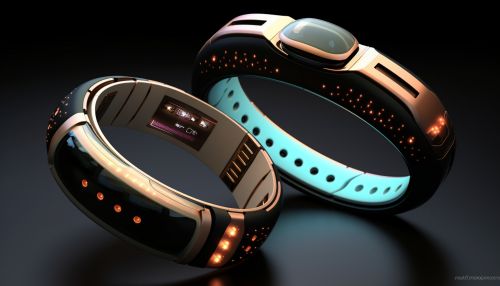
Impact on Work Life
Industrial Internet of Things
The Industrial Internet of Things (IIoT) is a subset of IoT that focuses on the application of connected devices in industrial settings. IIoT devices monitor and control industrial processes, improving efficiency, safety, and productivity.
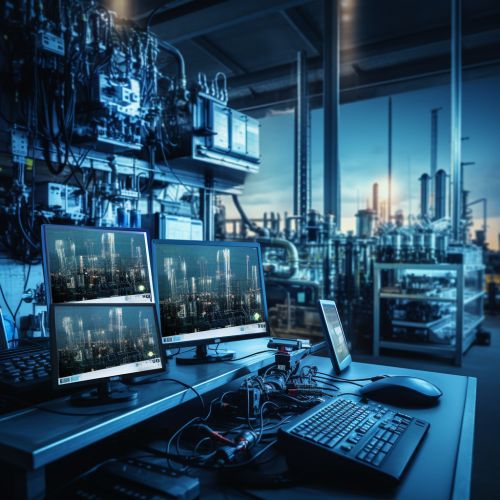

Smart Offices
Just as IoT has transformed homes into smart homes, it has also revolutionized workplaces into smart offices. IoT devices in offices can automate tasks such as adjusting lighting and temperature, booking meeting rooms, and even tracking inventory, leading to increased productivity and cost savings.
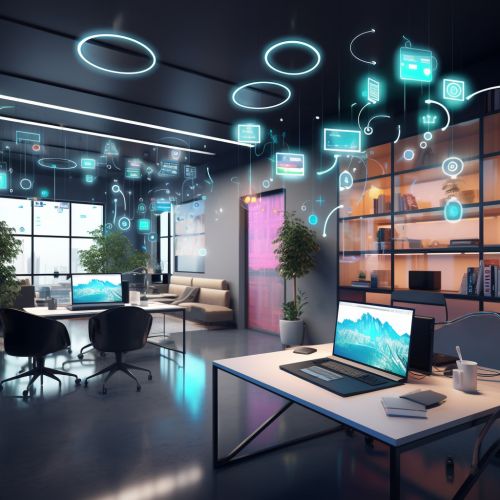

Impact on Society
Smart Cities
Smart cities use IoT devices to manage public services such as waste management, traffic control, and energy management. This not only improves the quality of life for residents but also promotes sustainability.
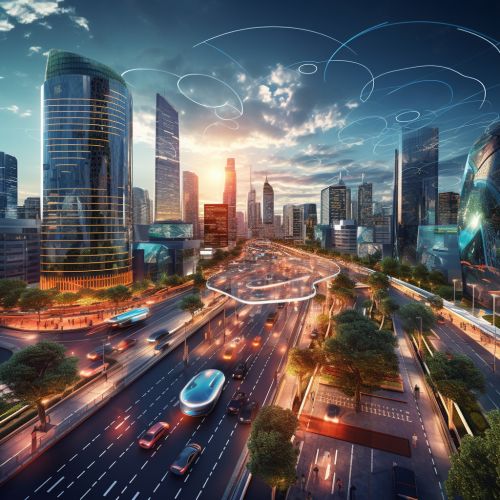
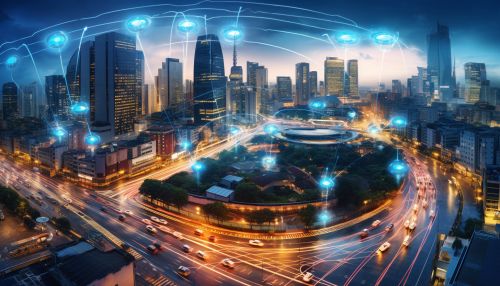
Healthcare
IoT has also made significant strides in healthcare technology. Devices such as remote patient monitoring systems, smart insulin pens, and wearable health monitors have improved patient care and outcomes.
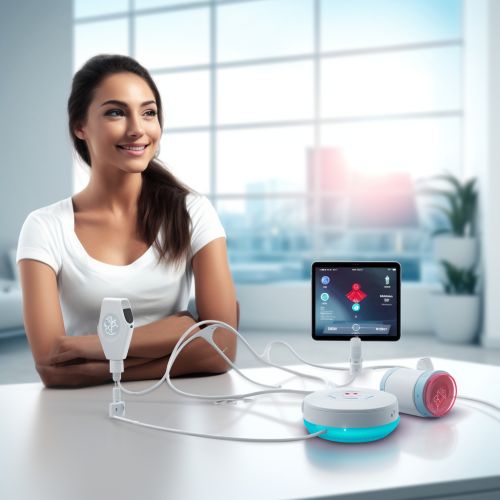
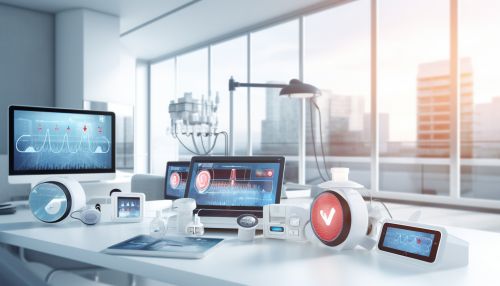
Conclusion
The impact of the Internet of Things on everyday life is profound and far-reaching. It has transformed personal life, work life, and society at large, bringing about convenience, efficiency, and improved outcomes. As IoT technology continues to evolve, its impact on everyday life is expected to grow even further.
